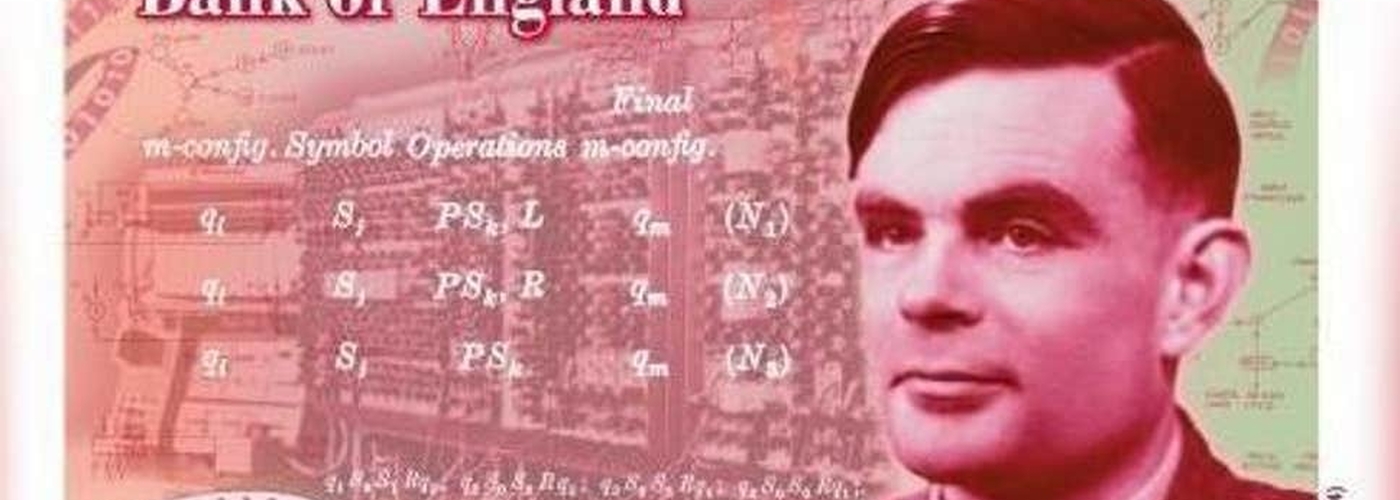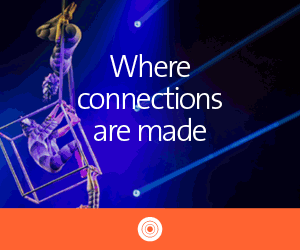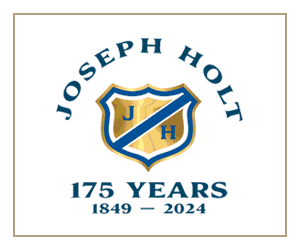Alan Turing commemorated by the Bank of England
The Governor of the Bank of England, Mark Carney, announced the decision to commemorate Alan Turing at Manchester's Museum of Science and Industry. The Museum has a long connection with Turing, holding exhibitions on his work and contributions to computer science. Much of his work in mathematics was carried out at the University of Manchester, where, among things, he was in charge of systems programming for the Ferranti, a commercialised version of the prototype computer which had been developed by the University team.
Alan Turing’s contributions were far-ranging and path-breaking. Turing is a giant on whose shoulders so many now stand
Manchester has claimed Turing as one of its own but he did not move actually here until after the Second World War. He was born in Maida Vale and studied at Cambridge and Princeton. Famously, he was based at Bletchley Park during the war and devised a number of techniques for breaking German ciphers, including a machine that could find settings for the enigma machine, and in doing so helped win the war. It has been estimated that the efforts of Turing and his colleagues may have saved fourteen million lives.
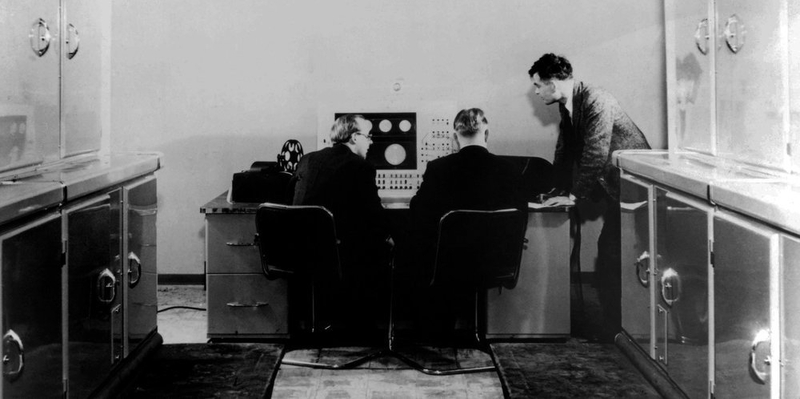
Turing is often called the ‘father of computer science’ and was chosen after a call for nominations was put out by the Bank of England. The public was invited to nominate great scientists and the final decision was made by the Governor. Turing was a clear favourite from the start. Those considered spanned scientific fields such as astronomy, biology, bio-technology, chemistry, engineering, mathematics and medical research. Nominees included Ada Lovelace and her collaborator Charles Babbage, Stephen Hawking and Ernest Rutherford (another Manchester alumnus). Governor Mark Carney said, “Alan Turing was an outstanding mathematician whose work has had an enormous impact on how we live today,”
“As the father of computer science and artificial intelligence, as well as war hero, Alan Turing’s contributions were far-ranging and path-breaking. Turing is a giant on whose shoulders so many now stand.”
Turing is also studied closely in the field of philosophy and is considered one of the great thinkers in the field of AI. His ‘Turing Test’ in which computers are tested for signs of genuine intelligence, was developed in a paper he wrote whilst at the University of Manchester, and opens with the statement ‘Can machines think?’. Versions of the test award prizes to scientists each year to encourage progress in AI. As our future looks increasingly like it will be shaped by developments in AI, it does not seem like an exaggeration to say Turing could be one of the most influential scientists of all time.
Turing is also remembered throughout the gay community as a victim of homophobic persecution. He is the first known LGBTQ figure to feature on British currency. In 1952, Turing was tried and convicted of ‘gross indecency’ under the anti-homosexuality legislation of the day. Tragically, on 7 June 1954, Turing ingested a cyanide-laced apple at his home in Wilmslow and was found dead the next day. He was 41.
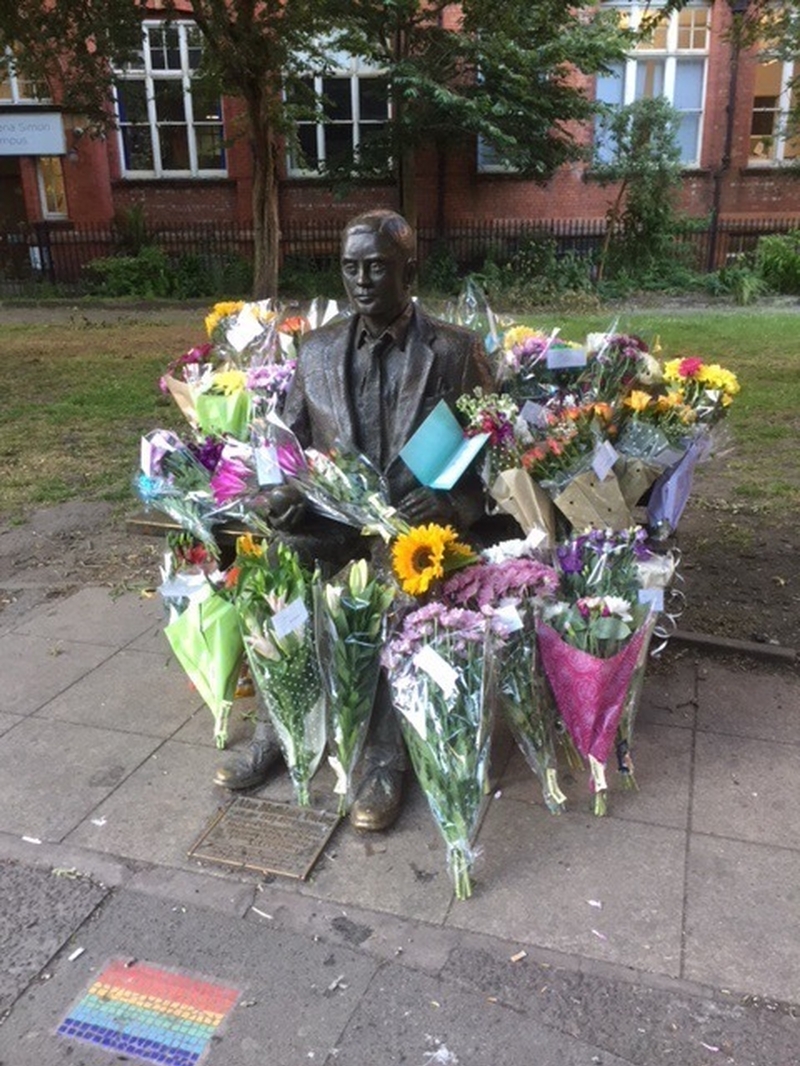
A campaign was launched to urge the Government to apologise for the treatment of Turing. In 2009 Gordon Brown issued a formal apology, saying,
“On behalf of the British government, and all those who live freely thanks to Alan's work I am very proud to say: we're sorry, you deserved so much better.” Turing was subsequently pardoned in 2013 and a law created to retroactively exonerate those convicted of similar offences; the legislation is known informally as 'Alan Turing’s law'.
Details on the note will include: an image of Turing taken in 1951; a table and mathematical formula; technical drawings involved in the breaking the enigma code, and Turing’s birthdate in binary code. Turing will replace Matthew Boulton and James Watt on the £50 note. Boulton and Watt were leading figures of the industrial revolution.
Turing is already celebrated in Manchester with the Alan Turing Way which forms part of the inner ring road, the Alan Turing Building at the University of Manchester, which hosts lectures in mathematics and physics, and a statue of Turing in Sackville Park, where he is depicted sitting on a bench holding an apple. Every year on his birthday it is surrounded by flowers.
The Science and Industry Museum will be hosting an exhibition of the shortlisted candidates, entitled Notables: 14 Scientists Who Shaped Our Lives, running from 15 July - 3 November 2019.




